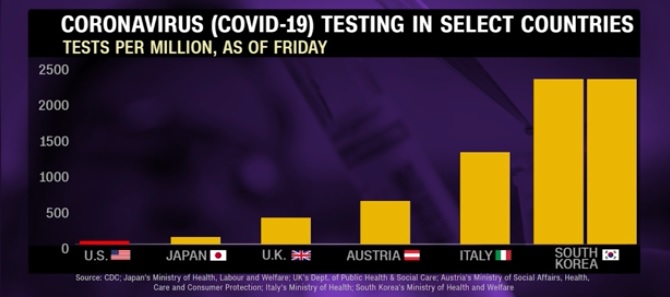Randalljax
Axe-Master
The nationwide curfew is coming and mandatory restaurant/bar/malls/movie theaters closing is slowly spreading county by county. Many grade schools are already being shut down for a month. All domestic flights will be cancelled soon. It might seem gradual right now, but it will be very abrupt soon. People have been given a decent warning the past week to prepare if they've been even remotely paying attention regardless of your favorite cable news station. A UPS employee on another forum was told to be prepared to halt all package handling and transportation at some point in the near future. Medical supplies will be given the priority. So, you know, as you're tracking your Amazon packages and it says "Arrival Scan etc" don't be shocked if that next "Departure Scan" or "Out for delivery" doesn't come for awhile!
as scary as this sounds it has to happen and will save lives
up in canada i just received word
on a sunday email that the clinics are now going to have doors locked
and the doctors will be doing phone appointments only
if you do need to be seen in person it will be a set time and they will unlock the door and let you in
there is no more walk in clinic
this is for all unrelated covid issues only
also rumour is all but grocery stores and gas stations will close here for 2 weeks minimum sometime in the next few days
sounds like pretty much all of North America is going into hibernation very soon

